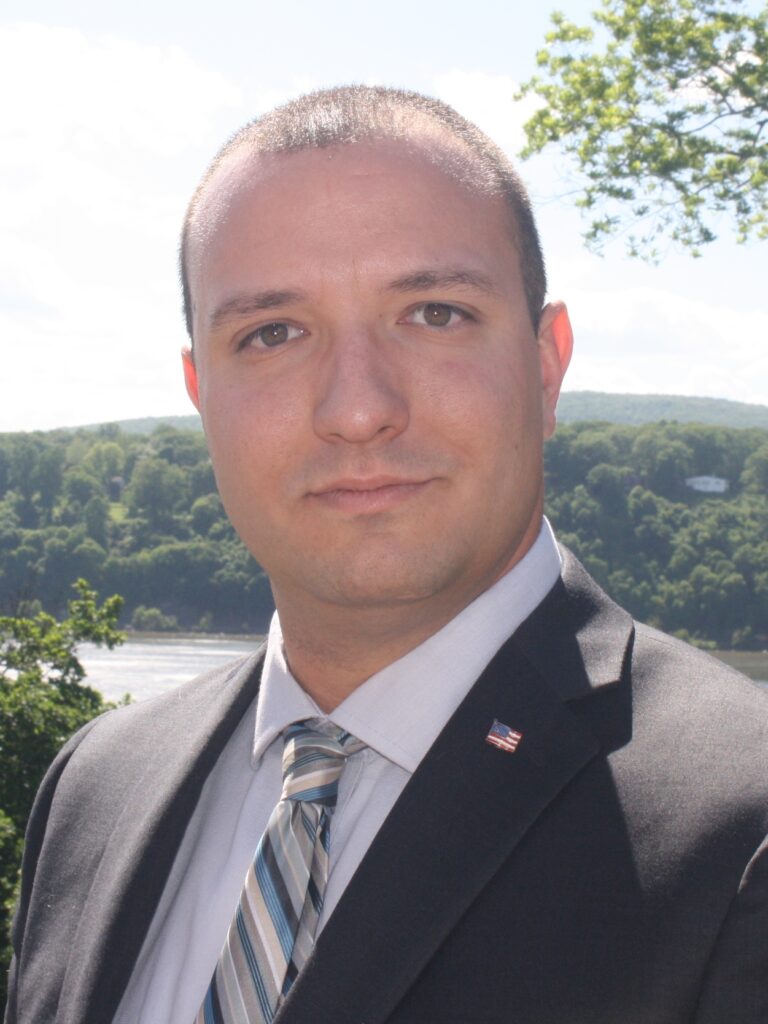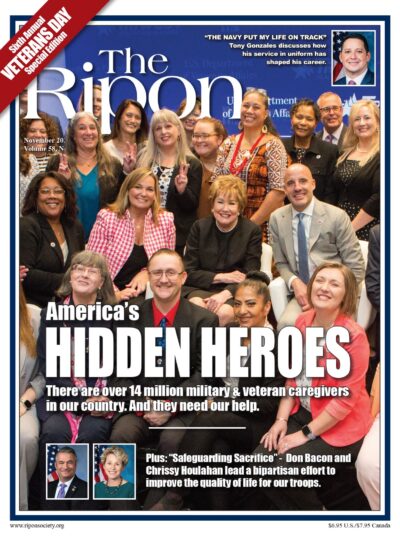
As of 2023, there are approximately 16.5 million U.S. military veterans representing conflicts ranging from World War II to more recent operations in Iraq and Afghanistan. On Veterans Day, we honor their service and sacrifice, reflecting on the cost of peace and freedom. It is also a day of national unity and patriotism, where Americans come together to show gratitude.
But is saying “Thank you for your service” enough? For many veterans, this simple phrase, while well-intentioned, rings hollow, highlighting a larger issue: the paradox of stigma and social aggrandizement they face in civilian life.
In 2022, I coauthored a study on veterans in the workplace with Dr. Jaclyn Perrmann-Graham (Northern Kentucky University) in the International Journal of Human Resource Management that highlights this paradox. Based on qualitative interviews with veterans, our research reveals that many military veterans face conflicting social perceptions. On one hand, they are often stigmatized, perceived as prone to violence or struggling with mental health issues like PTSD, as well as being rigid, unadaptable, or politically conservative. Many of these stigmas can be largely attributed to common media portrayals of veterans in both the news and popular media.
Our research reveals that many military veterans face conflicting social perceptions. On one hand, they are often stigmatized, perceived as prone to violence or struggling with mental health issues like PTSD…
Simultaneously, veterans experience social aggrandizement, where they are glorified as heroes simply for having served. While this may seem positive, it often creates an unattainable image for veterans to live up to, leading to cognitive dissonance. Many veterans feel isolated, caught between these two extremes. As one interviewee described, “Going from an active-duty military culture… then coming here, you’re not clicking with people… It was a bit jarring since you always hear that people respect the military.”
Even the well-meaning phrase “Thank you for your service” can feel empty to many veterans. It often becomes ritualized, disconnected from any tangible support or understanding of the complexities veterans face in civilian life. Without meaningful follow-up or action, this sentiment can serve as a superficial acknowledgment rather than a bridge to genuine integration.
For veterans, the dual forces of stigma and aggrandizement can complicate workplace and school interactions, leading to feelings of exclusion and often turnover. Complicating this, many veterans employ coping mechanisms, such as dark humor, that may not align with civilian social norms. Without intentional support systems, veterans may leave organizations that fail to understand their unique challenges.
So, what can be done to address this paradox?
What companies can do
Organizations should consider going beyond symbolic gestures and focus on substantial, actionable support to veterans. If businesses claim to support veterans, they must back it up with real investment in training, development, and skills translation.
It’s not enough to simply recruit veterans because of their military background; companies must actively assist veterans with adapting their skills to the civilian workforce. Companies must also educate hiring managers and HR professionals on how to properly translate military experience into civilian roles, ensuring veterans are recruited for appropriate positions that align with their skills and potential.
Simultaneously, veterans experience social aggrandizement, where they are glorified as heroes simply for having served.
One practical way to achieve this is by leveraging the experiences of reservists and National Guard members, who straddle both the military and civilian worlds, offering valuable insights into how these transitions can be managed.
What Congress can do
Congress can also play a crucial role in supporting veterans’ integration into civilian life. Much of the legislative focus has rightly been on critical issues such as veteran suicide, PTSD, and healthcare. However, this focus should also expand to include the social aspects of veterans’ reintegration into the civilian workforce. Research into veterans’ long-term career outcomes, workplace satisfaction, and identity evolution in civilian life is essential. Grants should be offered to support studies that examine veterans’ experiences over time (3-5+ years after transitioning), focusing on how veterans’ social identities evolve and how organizations can better support them in the workforce. This approach would provide critical data that can influence policy and drive meaningful change in how veterans are integrated and supported within our economy.
If we are serious about honoring veterans, it’s time we backed our words with action that ensures their long-term success.
Daniel Peat, PhD is an Assistant Professor – Educator in Management at the Lindner College of Business at the University of Cincinnati. Additionally, he serves in the U.S. Army Reserves as an adjunct instructor (LTC) for the Command and General Staff Officer Course.




